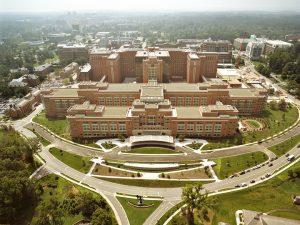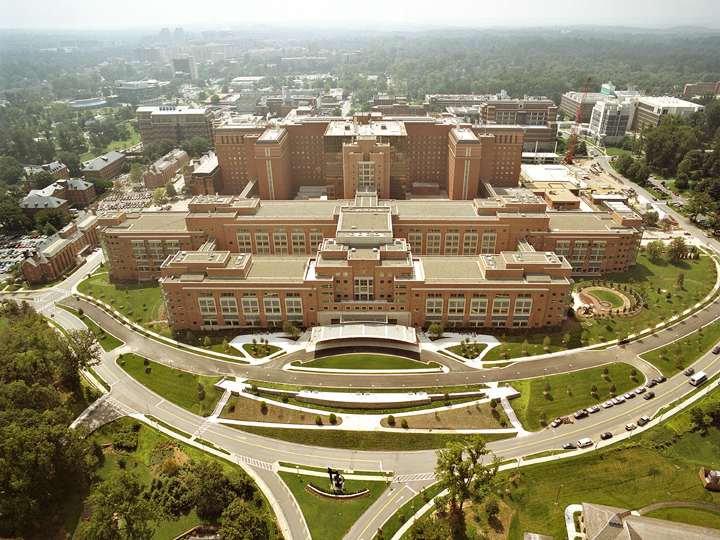 In today’s political climate, discord is common and accords drastically less so. But in an increasingly rare show of bipartisanship, the National Institute of Health (NIH) has recently received a $2 billion increase in federal funding [1].
In today’s political climate, discord is common and accords drastically less so. But in an increasingly rare show of bipartisanship, the National Institute of Health (NIH) has recently received a $2 billion increase in federal funding [1].
In the previous decade, the NIH has been faced with a stagnant budget coupled with an ever increasing number of investigators applying for their coveted research project grants [2]. This has not only lead to a decrease in the number of research projects that can be funded but has also necessitated a decrease in award amounts, leading to a challenging funding climate for scientists nationwide.
This increase is, naturally, a massive boon for both the NIH and scientists alike. The funding will be distributed to various projects that both the NIH has earmarked as important and broader administrative goals. The NIH will allocate $303 million for research into defeating antibiotic-resistance bacteria, along with several administrative objectives like $85 million for the BRAIN Initiative, increased funds to the National Cancer Institute, and $350 million for research into Alzheimer disease [2].
While this increase is much needed and will provide the opportunity for further funding of critical research, drug and vaccine development, etc., the funding targets leave something to be desired. For example, the NIH funds tuberculosis research to the tune of $279 million while funding HIV research to the tune of $3 billion [3-4].
What this funding disparity does not account for are the estimated 2.4 billion individuals latently infected with TB worldwide—with increasing incidence of the multidrug resistant variety—compared to the 37 million affected with HIV globally [4].
Furthermore, this increase in funding is effective for the 2016 fiscal year—future legislatures are not beholden to any commitment to furthering scientific research through advancements in funding. As any career scientist knows, it is the work of years—sometimes lifetimes—to develop something groundbreaking and impactful. America’s future—and that of the world’s, as America is a leader in scientific research—only stands to gain through increased public and legislative support for research funding.
1.
2. http://www.forbes.com/sites/brucelee/2015/12/21/how-the-2-billion-nih-budget-increase-benefits-you/#7714ba99225c
3. http://www.nature.com/nm/journal/v22/n2/full/nm.4048.html
4. https://report.nih.gov/categorical_spending.aspx
Laeth George is a first-year medical student at The University of Arizona College of Medicine – Phoenix. He graduated from The University of Arizona in 2015 with a Bachelor of Science in Physiology. He is passionate about spreading scientific knowledge and ideas to others. More specifically, Laeth is interested in advances in understanding disease pathology and innovations in medical therapies. If you have comments, questions, or recommendations, please feel free to contact him at laethgeorge[at]email.arizona.edu.


